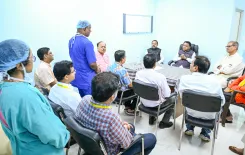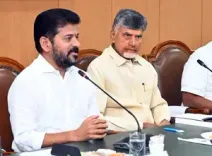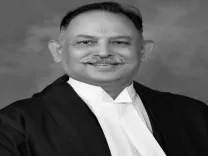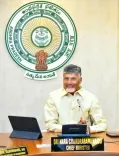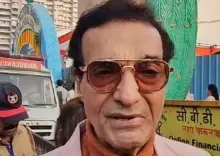Why Did DMK Replace Thanjavur North District Secretary?
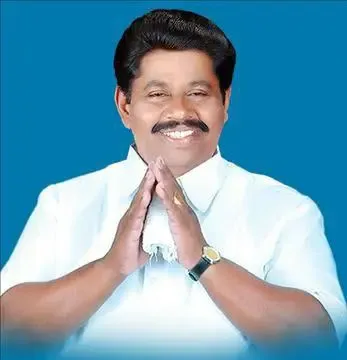
Synopsis
Key Takeaways
- DMK is restructuring ahead of the 2026 elections.
- New secretary is MLA ‘Saakottai’ K. Anbazhagan.
- Leadership changes aim to address internal dissent.
- Focus on improving grassroots engagement.
- Strategic move to consolidate party strength.
Chennai, July 14 (NationPress) In a significant organizational overhaul ahead of the 2026 Assembly elections, the ruling DMK has declared the removal of its Thanjavur North district leader, Kalyanasundaram MP. The party has appointed sitting MLA ‘Saakottai’ K. Anbazhagan as the new head of the district unit.
This decision was communicated through an official statement by DMK General Secretary Duraimurugan, who confirmed that Kalyanasundaram has been relieved of his duties and Anbazhagan will assume the role immediately.
While the DMK characterized this transition as a standard administrative adjustment, insiders within the party hint that it stems from increasing dissatisfaction among local members regarding Kalyanasundaram’s leadership.
The district unit had reportedly expressed concerns about the MP’s disengagement with grassroots workers and his perceived inability to energize the cadre in preparation for the pivotal Assembly elections.
Sources indicate that the party's high command is closely observing developments in various districts and has noted the rising discontent in Thanjavur North.
Leadership is believed to have acted swiftly to foster improved coordination and a more vibrant approach on the ground.
‘Saakottai’ K. Anbazhagan, recognized for his strong grassroots ties and organizational prowess, is currently the MLA from the Thanjavur Assembly constituency.
His promotion to the district secretary position is seen as a strategic maneuver to invigorate the party’s base in the region and strengthen its campaign infrastructure well ahead of the 2026 electoral contest.
This reshuffle is part of a series of organizational adjustments made by the DMK leadership to tackle internal issues and reinforce the party’s framework in crucial regions.
Political analysts perceive such timely actions as components of the DMK’s broader strategy to solidify its influence throughout the state and mitigate factionalism before the elections.

